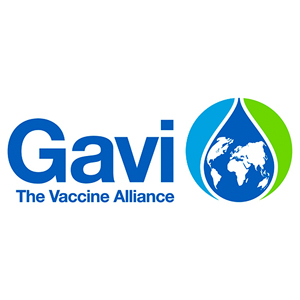Huma Khawar, freelance journalist and communications consultant, Pakistan.
“I don’t have any children of my own, but after 12 years as a lady health worker (LHW) all the children here in my village are my own children,” she explains as we sit together in a small village 150 kilometers outside Pakistan’s capitol of Islamabad. Rukhsana is a young woman in her early thirties with a distinct mission and a packed schedule. She is one of over 100,000 LHWs that go door-to-door every day to educate families – particularly women of child-bearing age – on health topics such as pregnancy, nutrition, hygiene, family planning, and immunization.
In Pakistan, LHWs play an integral role in providing essential health services to communities, especially in rural areas that are difficult to reach. According to local medical experts, the households visited by LHW have 15% more fully-immunized children than households that are outside the LHW catchment area. This is an important outcome as Pakistan is one of three countries that contributes nearly half of the 21.8 million children worldwidethat did not receive routine immunization services and where outbreaks of childhood vaccine-preventable diseases, such as measles, are common.
Rukhsana recently earned her official certification as a LHW. She regularly leads immunization sessions, where she vaccinates children and provides basic health care. “When the vaccinator announces their arrival in an area every month, I go door-to-door to bring out children that are due for their shots. I encourage the remaining children to go to the nearest health center so they do not delay their immunization,” Rukhsana reports. “But still, some families hide their children or say that they are visiting relatives in adjoining villages,” she shares openly. These ploys do not deter Rukhsana, who accepts the challenge and is determined to improve the well-being of women and children in her own village.

She does admit, however, that misconceptions about vaccines are pervasive. “Some parents argue that the injection gives their children fever. I tell them these are common side effects that can be treated with 1-2 doses of pain killers. I give them paracetamol,” Rukhsana shares. She feels that arguments, refusals, and misconceptions can be countered with education and appropriate interventions.
Rukhsana distinguishes herself as a LHW because she establishes excellent rapport with community members. She often pleads with elders who are reluctant to vaccinate their children. “I make sure that all children in my villages are vaccinated,” she states proudly.
Rukhsana reaches 15-20 households each day. This year, Pakistan will provide specialized training for 14,000 LHWs on vaccine administration. It is no doubt that LHWs form the backbone of basic health care for this country and will be instrumental in administering vaccines that are a foundation for protection throughout a child’s life. Vaccines help children grow to reach their full potential.
With her shawl covering her gentle frame, leaving only her eyes to be seen by those she encounters, and a black bag of basic medicines resting comfortably on her shoulder, Rokhsana walks out of her home today, ready to tackle her first visit for the day, feeling ever confident to meet with all the families on her list.
Huma Khawar is based in Pakistan and works for the International Vaccine Access Center (IVAC) at the Johns Hopkins Bloomberg School of Public Health. Support for this project was provided by Gavi, The Vaccine Alliance, for the Vaccine Implementation Technical Assistance Consortium (VITAC). The views expressed by the author does not necessarily reflect the views of Gavi and/or VITAC partners.






